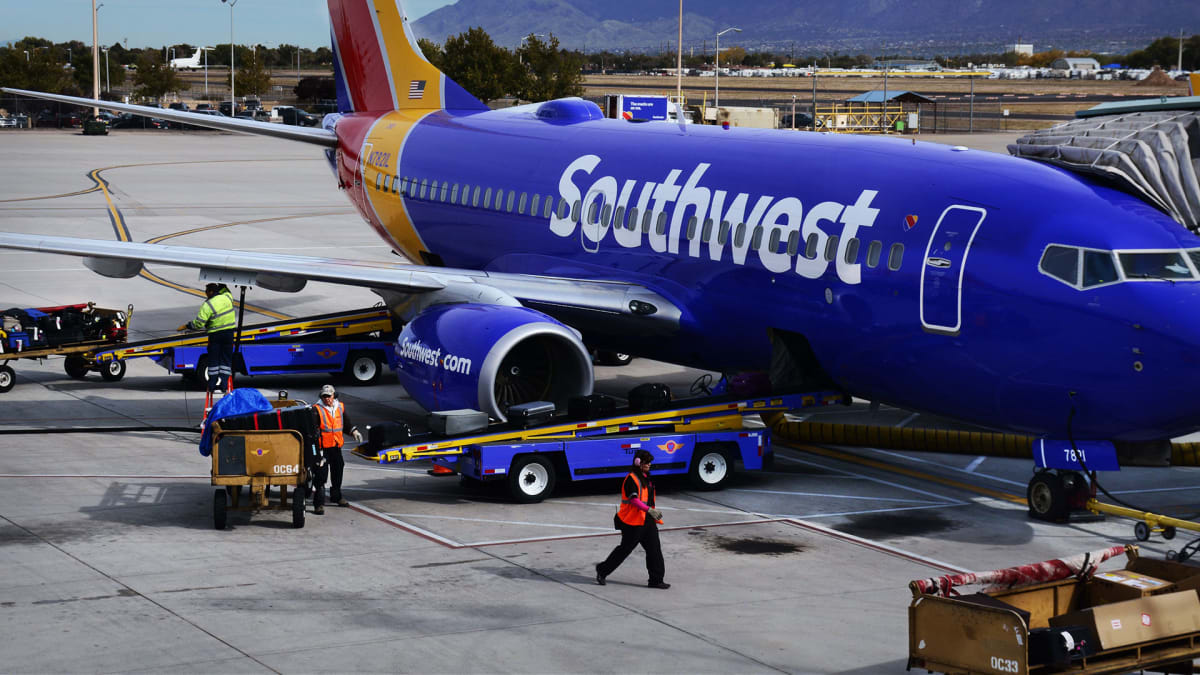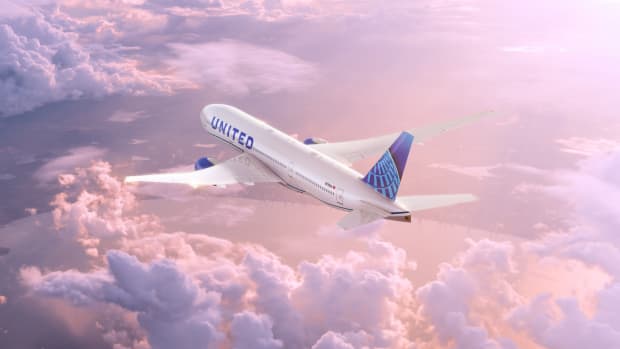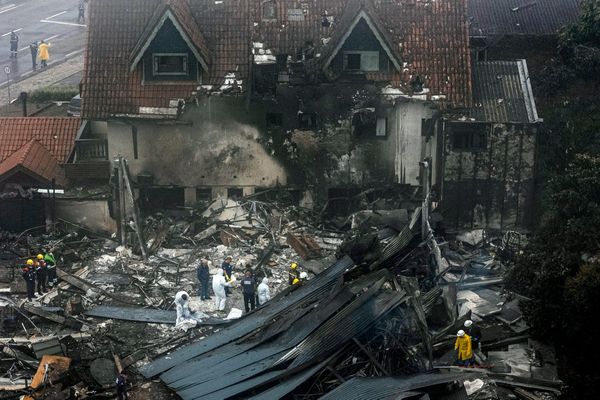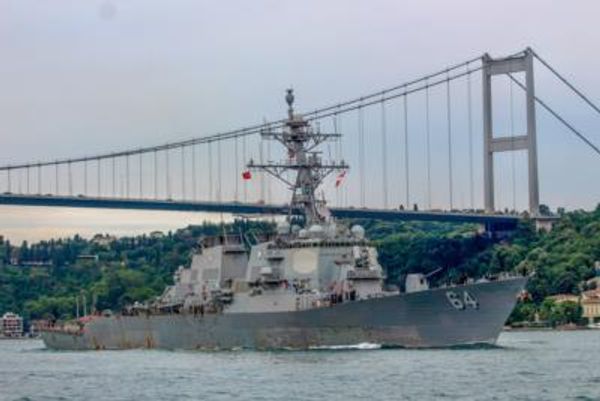
Airlines need a lot to go right in order to fly their full schedules without delays or cancellations. You need good weather in multiple places, your staff to show up ready to work, and outside factors like air traffic controllers at the ready.
An airline -- or multiple airports -- can see schedules fall apart when the flu passes through crew members, when bad weather strikes, or when one same problem leads to a series of delays. It's a fragile ecosystem that's now facing significant added pressure as airline manufacturers continue to be well behind when it comes to delivering planes.
DON'T MISS: Southwest Airlines Moves Closer to a Major Problem
That's something Southwest Airlines (LUV) has openly talked about as the company's CEO Bob Jordan has made it clear that at that some point this year, his airline's growth will no longer be curtailed by a lack of pilots. Instead, it will be slowed down by a lack of deliveries from Boeing (BA).
United Airlines (UAL) executives have raised similar issues as have Delta Air Lines (DAL), American Airlines (AAL), and carriers around the world. The topic was front and center at the recent International Air Transport Association (IATA) general meeting.
"Suppliers have been far too slow in dealing with supply chain blockages that are both raising costs and limiting our ability to deploy aircraft," IATA director general Willie Walsh said during his State of the Industry address, Travel Weekly reported. "Airlines are beyond frustrated. A solution must be found."

Airlines Actually Have Two Problems
What seems bad for airlines is actually a disaster for passengers. IATA expects airline profits globally to reach nearly $10 billion after three years of covid-related losses. That's actually helped by the shortage of aircraft which forces carriers to fly fewer flights which lessens supply, increases demand, and raises prices.
In the short-term, that may be an airline/shareholder positive, but slowed deliveries delay growth and expansion plans. You can't add new routes if you don't have the planes to fly them and shortages in deliveries from both Boeing and Airbus have been persistent and somewhat unpredictable.
"When aircraft are delivered six months late, we now consider that on time," IATA chief economist Marie Owens Thomsen said recently.
In addition to delivery delays, a number of problems -- including Russia's unlawful invasion of Ukraine -- have made keeping existing planes in the air a challenge.
Part Shortages Keep Planes Grounded
It has been widely reported that new-generation engines from General Electric (GE) and Pratt & Whitney have had reliability issues. That's compounded by the global supply chain impacting the airline industry but in a different way than they impact many other industries.
When a grocery store can't get paper towels or hand sanitizer, it may inconvenience and even anger customers, but it does not stop the store (or the customer) from functioning.
"It doesn't help if 299 of your suppliers are doing great and one isn't," Vik Krishnan, an aviation-focused partner for consulting firm McKinsey, told Travel Weekly. "It's not like you can send a plane out with a few parts missing. Unfortunately, with a supply chain, the longest pole in the tent is that one supplier that is unable to meet a production rate ramp."
The war in Ukraine has also compounded issues as both Boeing and Airbus use titanium in the construction of planes. Russia is not the world's only supplier of that precious metal, but it is one of the larger providers of it further creating a kink in the supply chain.
Get exclusive access to portfolio managers and their proven investing strategies with Real Money Pro. Get started now.







